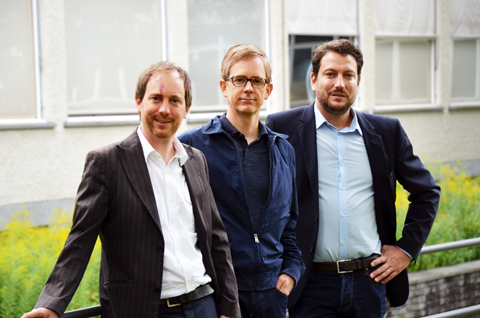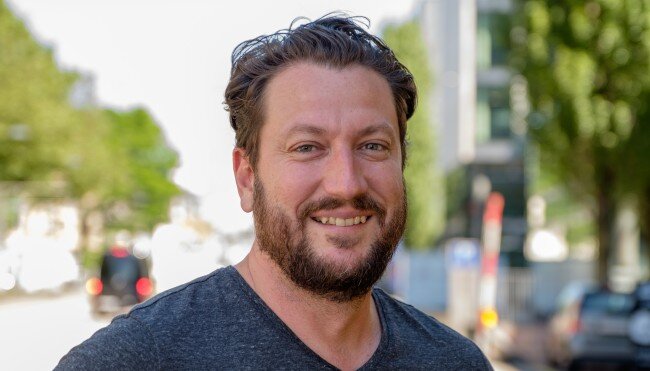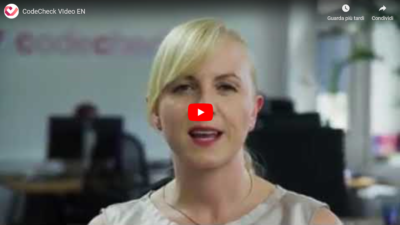From micro plastics and palm oil to sugar and gluten – we’ve never been so eager to get to grips with the contents of our shopping basket. But, unless we want to spend an afternoon googling E-numbers, reading the list of ingredients doesn’t get us very far.
That’s why the smart product guide app, CodeCheck, was a game changer.
Starting as a small passion project, the app has since transformed into a profitable business, with downloads regularly overtaking WhatsApp, Google Maps and Instagram in the app stores. Today, it helps over three million people to make healthier and more sustainable product decisions. So what’s the story?
Boris Manhart, CodeCheck CEO and a speaker at the upcoming FoodHack Summit, has been a key figure in leading the team to success.
It started with a mango
Back in 1998, Roman Bleichenbacher bought a mango in Cuba. He later found out – much to the amusement of his Cuban friends – that it wasn’t ripe. A local would never have bought it. This got him thinking about the information people need to make better purchasing decisions.
Back in Zürich, he found out that a lot of product information was already captured in a product’s barcode – but only supermarket scanners could read it. So he created a simple database that enabled users to upload information about the ingredients and nutritional value of their products.
The database started to grow rapidly. Constant press coverage and a string of awards – from the Switch Innovation Prize in 2004 to the Prix Ars Electronica in 2006 – successfully drew interest from investors. In 2014, Codecheck closed its first funding round. With over 1.2 million francs in the bank, the team could finally buy in the expertise they needed to develop into a professional and profitable organisation.

© photo courtesy CodeCheck
The man behind the mission
Boris joined the team as Managing Partner, Sales and Marketing and became CEO in 2016. As co-founder of Compresso, Numbrs and Oylous, he was an experienced entrepreneur with a strong track record in fast-moving consumer goods.
The role was more of a calling than a career move. He wanted to feel that his time in the office was genuinely creating positive impact in the world by helping people consume more healthily and sustainably.
In an interview with mobilebranche.de, Boris cited Steve Jobs and Dr. Dre as his role models, admiring their tenacity, far-sighted vision and strong understanding of customer needs. Few people could dispute that he’s certainly modelled these values while identifying opportunities to take CodeCheck to new heights over the last five years.

Codecheck management team: Roman Bleichenbacher, Manuel Bleichenbacher and Boris Manhart | photo courtesy CodeCheck
Sustainable impact
Take CodeCheck’s funding model. Cracking the issue of sustainable revenue is make or break for any smartphone app.
Until recently, the CodeCheck app had two main in-app income streams: native and display advertising and a subscription model for customers who wanted to go ad-free.
But Boris thought bigger. He recognised that brands are eager to engage with more health and sustainability sensitive consumers – and need support to be able do this. So in 2019 Oeeda was launched – an innovative and disruptive B2B market research service that transforms the anonymised insights gathered through interactions within CodeCheck into actionable reports.
This development takes the team’s impact to a whole new level. It’s no longer just about informing consumers about the product status quo. It’s about actively working with the sector to shape better products.
Building on strong foundations
Over the last 12 months, CodeCheck’s growth has skyrocketed. Riding a wave of positive media coverage, Boris reported in April this year that the app was seeing around 120,000 downloads per month. The stuff that start-up dreams are made of.
But he’s certainly not resting on his laurels. Conscious consumption is a strongly established worldwide trend. And with very few direct competitors, there are plenty of other countries out there ripe for revolution.


